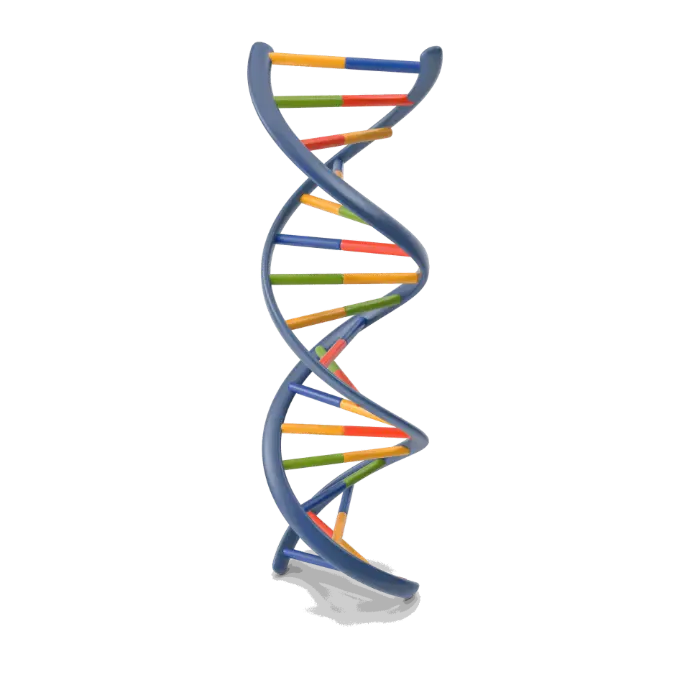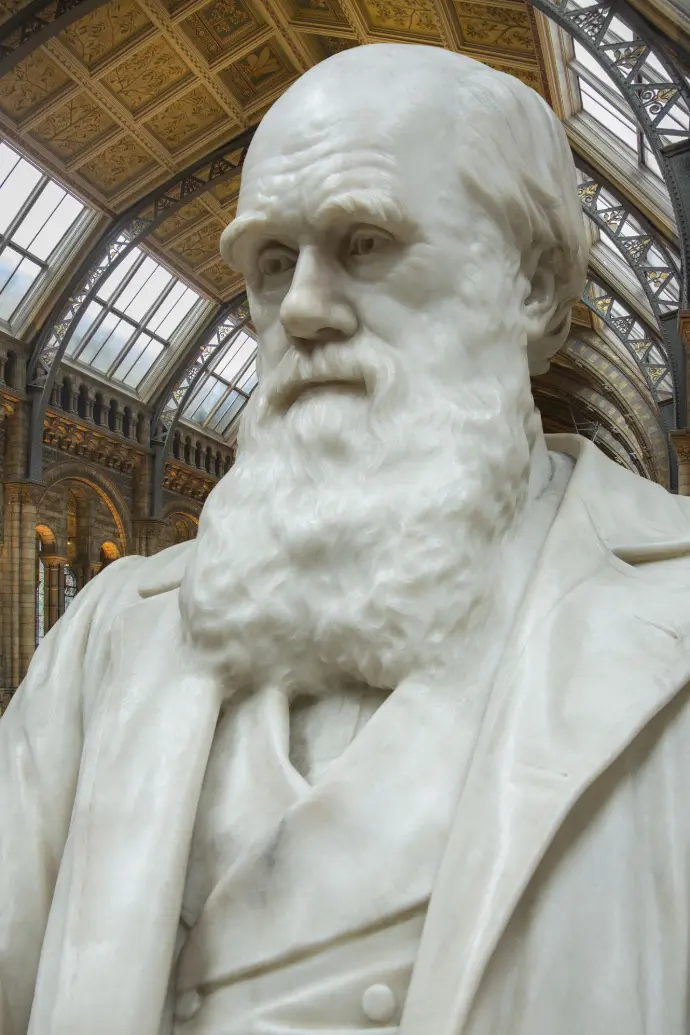Celebrate Darwin Day : Explore Evolution, Science, and Education
Join the Annual Darwin Day Event : Lectures, Field Trips, Contests, and More!
Darwin Day is a volunteer-run event that celebrates Charles Darwin's groundbreaking contributions to the theory of evolution. Our goal is to inform the public about evolution, biology, and science in a fun, engaging, and evidence-based way

Events
Explore the exciting Darwin Day events !
Participate in lectures, contests, field trips, and more celebrating the science of evolution. Join us!
Courses
Darwin Day Educational Resources | Learn Evolution, Biology, and More,
Access educational resources on evolution, biology, and Darwin's theories. Perfect for educators, students, and science enthusiasts!

The Ongoing Impact of Charles Darwin's Discoveries in the Modern World
Charles Darwin, the naturalist and biologist, revolutionized our understanding of life on Earth with his groundbreaking theory of evolution by natural selection. His seminal work, On the Origin of Species, published in 1859, changed the course of biology and paved the way for modern scientific thought. Today, more than 160 years later, Darwin’s discoveries continue to influence not just biology, but many areas of science and society. Let's explore why his work remains so relevant today and how it shapes our understanding of the natural world.
The Foundation of Modern Biology
One of the most significant aspects of Darwin’s discoveries is their role in forming the foundation of modern biology. Before Darwin, many scientific explanations for the diversity of life were based on static views of creation and species being fixed. Darwin's theory of evolution by natural selection, however, presented a dynamic model where species evolve over time in response to changes in their environment and genetic variations.
This idea has since been supported and refined with the discovery of genetics and DNA, which provide the molecular basis for inheritance. Darwin’s theory, combined with these modern advancements, forms the backbone of evolutionary biology. Understanding how organisms adapt, survive, and evolve is crucial for fields ranging from ecology and medicine to agriculture and conservation.
Advancing
While Darwin’s work is often associated with the study of plants and animals, his discoveries have also had far-reaching impacts on human health. One of the most important ways Darwin's theory informs medicine is in the understanding of antibiotic resistance. The concept of natural selection is directly applicable to the way bacteria evolve resistance to drugs, leading to more challenges in treating infections.
Darwin's insights into how traits are passed on and change over generations also laid the groundwork for the field of genetics, which underpins modern medical research. The study of human evolution, for instance, helps scientists understand how genetic disorders emerge and how our species has adapted to various environmental pressures over millennia. This understanding is key to developing more effective treatments and preventative measures for diseases.
Shaping Conservation Efforts
In the modern world, conservation is an urgent issue, with species worldwide facing extinction due to habitat loss, climate change, and human activity. Darwin's work provides a framework for understanding biodiversity—the variety of life forms that exist in the natural world—and the importance of preserving ecosystems where these species live.
His idea that species evolve in response to their environment underscores the delicate balance that must be maintained for life to thrive. Today, conservation biologists use evolutionary theory to understand how species adapt to their environments and what might happen if those environments are disrupted. This helps shape conservation strategies, from protecting endangered species to preserving natural habitats.
Beyond Biology: Insights for Society
Darwin’s work goes beyond the realm of science; it has also influenced broader societal discussions. For instance, the idea of evolution has informed our views on human origins and our place in the natural world. It has fostered a deeper appreciation for the complexity and interconnectedness of life. Darwin’s discoveries challenged traditional worldviews and opened the door for new ideas about human nature, ethics, and our responsibility to the planet.
Furthermore, his theories sparked ongoing debates in philosophy, theology, and education. While his ideas were controversial at first, today they form a crucial part of the scientific consensus on how life has developed over time. This evolution of thought continues to shape conversations about science education, with many advocating for a better understanding of evolutionary principles in schools and the broader public.
Conclusion: Why Darwin's Discoveries Matter Today
The importance of Charles Darwin’s discoveries remains as strong as ever, with his theory of evolution by natural selection continuing to serve as the cornerstone of modern biology. His work has had far-reaching implications in areas like medicine, conservation, and even societal values. The scientific community has built upon his ideas, but it is his bold vision that laid the foundation for much of the progress we see today.
As we face new challenges—from climate change to the rise of drug-resistant diseases—Darwin's insights offer invaluable guidance. His work reminds us of the power of scientific inquiry and the ongoing quest to understand the natural world, fostering a deeper connection to the living world around us and helping to address some of the most pressing issues facing humanity.